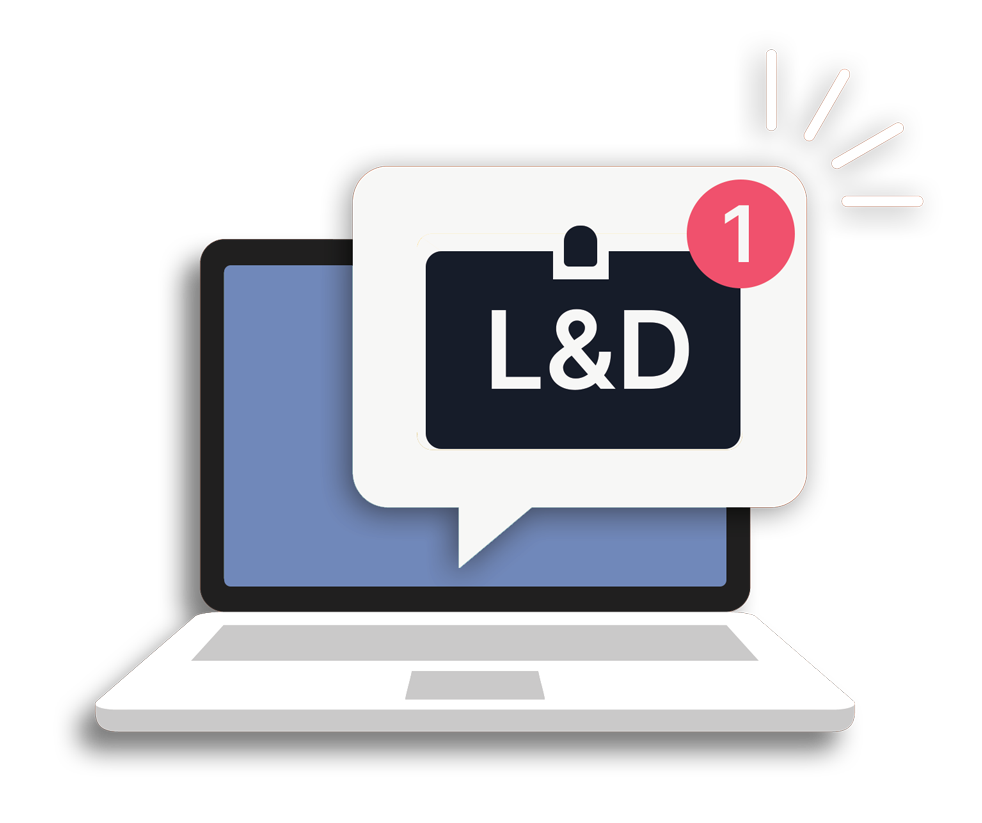What is "Medication Information"?
Medication information refers to the knowledge and communication regarding the use, management, and potential side effects of medications. It is a vital component in patient care and management.
Importance of Providing Medication Information
Effective communication of medication information is crucial for patient safety, adherence to treatment, and informed decision-making. It also aligns with the goals of the Australian healthcare system, focusing on patient-centred care.
What is the "Medication Information" Training Requirement?
Training in medication information should cover a range of competencies, including understanding pharmacology, communication skills, and legal and ethical considerations. Compliance with NSQHS and Aged Care Standards is essential.
Relevant Standards
Processes in place to support clinicians to provide patients with information about the unique medicine needs and risks
National Safety and Quality Health Service (NSQHS) Standards
Action 5.3.1 (a): Medication safety:
- a) ensure medicines-related information is available to workers and the older person
- b) ensure workers and others caring for an older person have access to the older person’s up-to-date medicines list and other supporting information at transitions of care
Strengthened Quality Standards framework analysis - Aged Care Quality Standards
Failure to comply with the requirements could lead to an organisation being penalised or reprimanded.
What Skills Do Staff Need for Providing Medication Information?
Healthcare professionals require a diverse set of skills to effectively provide medication information:
- Pharmacological Knowledge: Understanding drug mechanisms, interactions, and side effects.
- Communication Skills: Ability to explain complex information clearly and empathetically.
- Cultural Competence: Sensitivity to and knowledge of different cultural attitudes towards medication and health.
- Legal Knowledge: Awareness of the legal aspects of medication prescribing and dispensing.
- Technical Skills: Proficiency in using electronic health records and medication management systems.
How to Assess Staff Competency in Providing Medication Information
Effective assessment of staff competency involves a mix of methods:
| Method | Description | Frequency |
|---|---|---|
| Knowledge Tests | Evaluating understanding of pharmacology, legal aspects, and patient communication. | Annually |
| Practical Evaluations | Real-world scenarios to assess application of knowledge in patient interactions. | Bi-annually |
| Peer Review | Feedback from colleagues on communication and information provision skills. | Ongoing |
| Patient Feedback | Surveys or interviews to gather patient perspectives on clarity and helpfulness of information provided. | Ongoing |
Strategies to Support Healthcare Staff Develop Skills in Providing Medication Information
Organisations can adopt various strategies to enhance skills in providing medication information:
- Interactive Training Workshops: Sessions focusing on case studies, role-playing, and group discussions to enhance practical skills.
- Continuing Professional Education: Regular updates and training on new medications, guidelines, and best practices.
- Mentorship Programs: Pairing less experienced staff with seasoned professionals for guidance and support.
- Online Resources and Modules: Accessible materials for self-paced learning and reference.
- Feedback Mechanisms: Systems for staff to receive constructive feedback on their performance and areas for improvement.
Sample Training Plan for the Medication Information Requirement
A structured training plan is essential for developing quality improvement skills.

Using the above needs assessment survey as an example - The skill requiring the most attention for providing medication information in healthcare is pharmacological knowledge. We can target learning initiatives to fill these gaps to enhance staff competency.
| Quarter | Topics | Resources |
|---|---|---|
| Q1 | Pharmacological Knowledge |
|
Need an LMS that can support medication information training?
Contact Ausmed today and see how we can support with your training requirement needs!
Staff Competency Assessment for Providing Medication Information - Example
Consider the following survey questions to evaluate staffs medication information skills:
Staff Survey - Medication Information Competency
-
How do you ensure your patients understand their medication regimen?
- [Answer here]
-
Describe a time when you had to adjust your communication approach to effectively convey medication information.
- [Answer here]
-
How do you stay updated with the latest medication guidelines and information?
- [Answer here]
Conclusion
Developing a robust training program for providing medication information is critical for patient safety and adherence to healthcare standards. By focusing on skill development, continuous learning, and practical assessments, healthcare organisations can ensure high-quality patient care.
References
- Australian Commission on Safety and Quality in Health Care, 2023. 'Clinical Governance Standard'
- Australian Commission on Safety and Quality in Health Care, 2023. 'NSQHS Action 4.11'
- Aged Care Quality and Safety Commission, 2023. 'Stronger Standards, Better Aged Care Program - Action 5.3.1 (a-b)'



